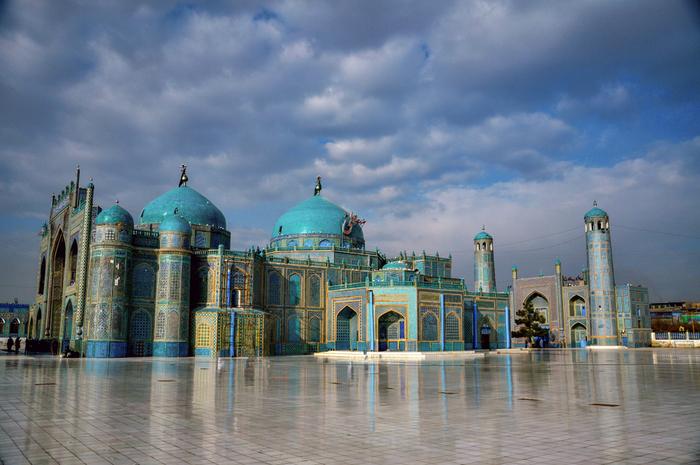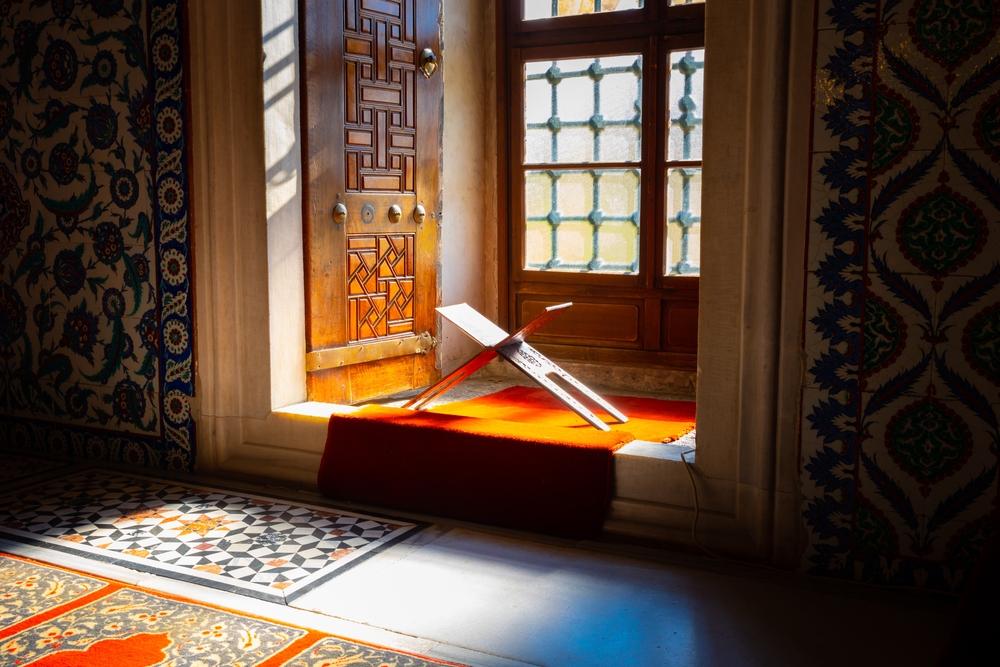Shaqiq al-Balkhi (quddisa sirruhu) was the essence of asceticism and piety, a noble figure among the Sufi ranks, a true beacon of faith, and a great shaykh of his era. His life’s foundation in worship and renunciation of the world’s temptations was firm and unshakable. Throughout his life, he lived according to the principle of complete reliance on Allah (tawakkul). A master of various Islamic sciences, he was the teacher of Hatim al-Asam and a devoted follower of the way of Ibrahim b. Adham. Shaqiq had benefited immensely from the company of numerous great shaykhs and remarked, "I studied under 1,700 teachers and accumulated countless books, but I came to understand that the path to Allah rests on four principles: first, to have complete trust in the sustenance ordained by Allah; second, to act with sincerity in one’s deeds; third, to regard Shaytan as a sworn enemy; and fourth, to always prepare for death."
The event that led to Shaqiq’s repentance was an encounter with an idolater in Turkestan. During a trading journey, Shaqiq entered a temple out of curiosity. Inside, he saw a man fervently pleading with an idol, pouring out his heart with requests. Shaqiq, compelled by a sense of duty, said to him, "There is a Creator—All-Knowing and All-Powerful—who brought you and all things into existence. Instead of worshiping this lifeless idol that can neither harm nor benefit you, why not turn to Allah, the Sustainer of all?" The idolater responded, "If what you say is true, and Allah is as you describe, then is He not capable of providing for you in your homeland? Why, then, have you come all the way here to earn your sustenance?"
These words struck Shaqiq deeply, shaking him to his core. Overwhelmed by the truth of the man’s question, he abandoned his trade and began the journey back to Balkh. On the way, he traveled with a Magian. When the Magian learned that Shaqiq was a merchant, he remarked, "If you are chasing sustenance that is not decreed for you, know that you will never attain it, even if you pursue it until the Day of Judgment. But if it is decreed for you, why exhaust yourself? What is meant for you will reach you without effort." Shaqiq was awestruck by the wisdom of these words. From that moment, he resolved to turn his efforts toward the Hereafter and abandoned his worldly inclinations.
When Shaqiq returned to Balkh, the city was in the grip of a severe famine. People were consumed by worry and despair, unable to find food or sustenance. While walking through the marketplace, Shaqiq noticed a slave who appeared cheerful and carefree, in stark contrast to the somber faces around him. Intrigued, Shaqiq asked him, "O slave, how is it that you are so joyous when everyone else is overcome with grief?" The slave replied, "Why should I not be happy? My master is wealthy and generous. He will not leave me hungry or without clothes."
This response left Shaqiq dumbfounded. He stood still, his body trembling, and exclaimed, "O Allah! If this slave can find such contentment and trust in a master with limited means, how can I, when You are the Sustainer of all creation, wallow in sorrow and anxiety? You have promised to provide for every living being, so why should I be consumed by worldly concerns?" From that moment, Shaqiq turned away from worldly pursuits, repenting sincerely and committing himself entirely to the path of Allah. His reliance on Allah (tawakkul) became unshakable, and he began to sit in the company of Ibrahim b. Adham, absorbing his wisdom and advancing in spiritual maturity. Reflecting on these transformative events, Shaqiq would often say, "I am but a student of a slave."
One day, a man approached Shaqiq and said, "People criticize you for relying on the labor of others to sustain yourself. Let me provide for your needs from my wealth." Shaqiq replied, "I will accept your offer, provided you can guarantee you are free of these five flaws: First, can you ensure that the wealth you give me will not diminish your treasury? Second, can you guarantee that thieves will not steal what you own? Third, if you regret giving to me, will you not withhold it in the future? Fourth, if you see a fault in me, will you not cease your support? Fifth, can you be certain that you will not die, leaving me without provision? If you can guarantee freedom from all these flaws, I will accept your offer. Otherwise, I have a Lord who is free from every imperfection!"



